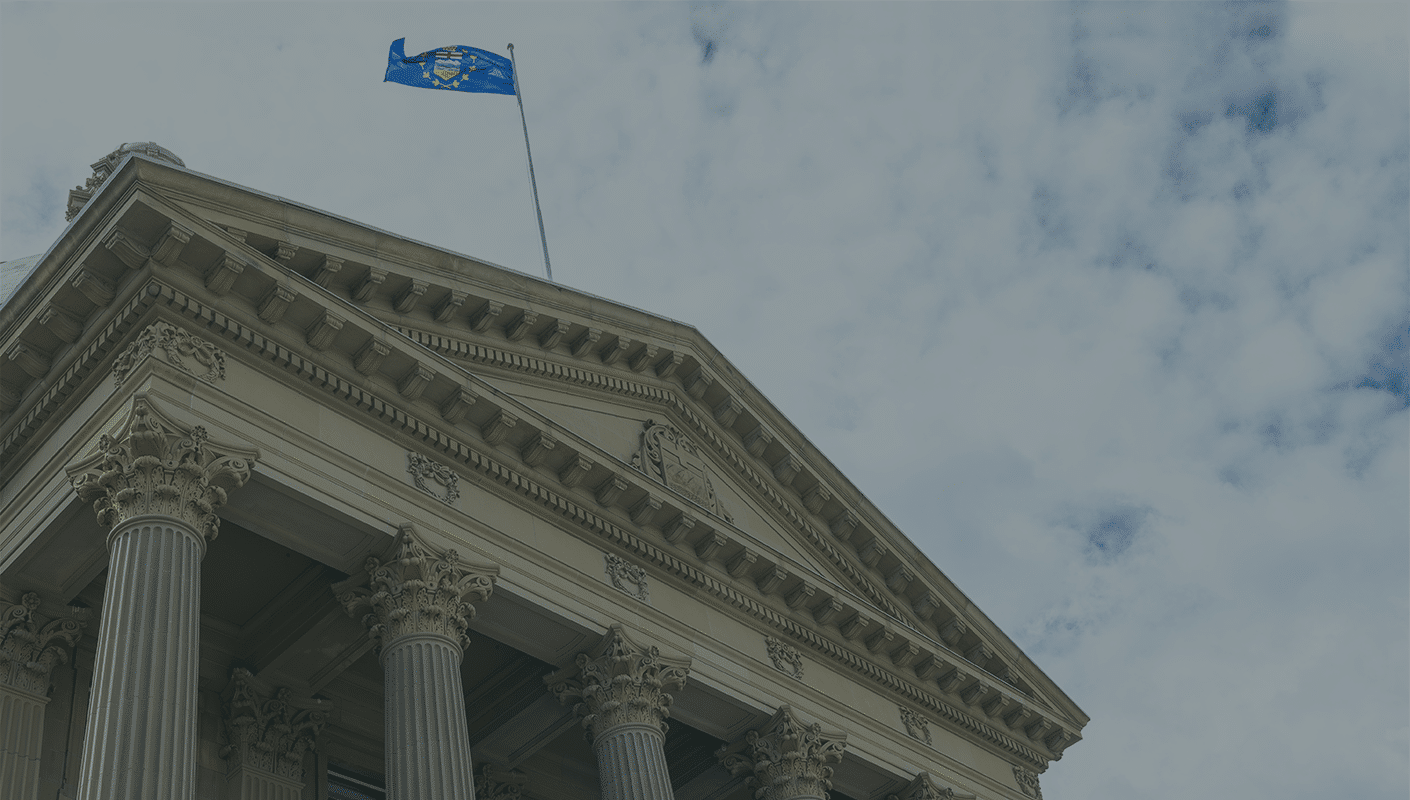Articles
<< back to all ArticlesFair Game? Ombudsman Review of SDAB Decisions

Suppose a party is unhappy with the decision of a Subdivision Development Appeal Board (“SDAB”). In that case, they may seek permission to appeal to the Court of Appeal on a question of law or jurisdiction under section 688 of the Municipal Government Act (“MGA”). This appeal process is well-known and well-used.
That said, municipalities should be advised that some parties have instead sought to pursue complaints about SDAB decisions through the office of the Alberta Ombudsman. By pursuing a complaint to the Ombudsman, an aggrieved party can effectively avoid a number of the legal constraints that apply to the appeal process in the MGA. As described below, this raises a number of practical and legal issues for municipalities.
For context, the Ombudsman is an Officer of the Legislative Assembly of Alberta. The Ombudsman’s role is to investigate decisions of public bodies in Alberta and determine whether the decision-making process was fair. The Ombudsman has wide-ranging power under its legislation to investigate, make recommendations, and request updates from the public body on implementing the Ombudsman’s recommendations.
The Ombudsman Act was amended in 2018 to provide the Ombudsman additional scope to investigate the administrative decisions, recommendations, acts, or omissions of municipalities. Since that time, the Ombudsman has taken up complaints regarding SDAB decisions, including with respect to the SDAB’s procedures during a hearing or the adequacy of the SDAB’s reasons. There are several concerns arising from the Ombudsman’s willingness to investigate and make recommendations with respect to SDAB decisions.
Firstly, the Ombudsman Act does not appear to clearly provide authority to investigate the SDAB, which is a separate legal body from the municipality. It is not open to a municipality to exercise control over the decision-making of the SDAB and its members. Instead, the SDAB is an administrative tribunal with a distinct role and responsibility. Even if a municipality wanted to address concerns raised by the Ombudsman with respect to an SDAB decision, the municipality legally has no ability or authority to alter the decision of the SDAB.
Secondly, SDAB decisions are already governed by a separate appeal process under the MGA. Reviews by the Ombudsman of SDAB decisions seem to undermine the MGAappeal process, which is intended to promote finality and certainty concerning decisions of an SDAB.
By pursuing a complaint to the Ombudsman instead of an appeal under s 688 of the MGA, an unhappy party can avoid:
- the MGA’s 30-day time limit for seeking permission to appeal;
- the constraint that appeals can only be on questions of law or jurisdiction; and
- the need to convince a Court of Appeal judge that the question of law is of sufficient importance to merit a further appeal and has a reasonable chance of success.
Despite the above, the Ombudsman has, in several cases, investigated and issued recommendations dealing directly with decisions made by subdivision and development appeal boards.
As a result, municipalities should be very cautious about responding to any such complaints. Even if a municipality is inclined to agree with recommendations made by the Ombudsman regarding SDAB hearings or decisions, there are legal risks in attempting to implement those. For instance, seeking to alter a decision of the SDAB may not only be contrary to the MGA, but may serve to extend the appeal period for such decisions that had otherwise expired. If your municipality encounters a complaint to the Ombudsman regarding a subdivision and development appeal board, you may want to seek legal advice at an early stage to consider the most appropriate response.
This post is meant to provide information only and is not intended to provide legal advice. Although every effort has been made to provide current and accurate information, changes to the law may cause the information in this post to be outdated.

